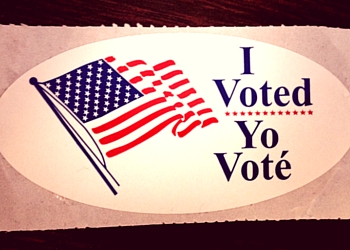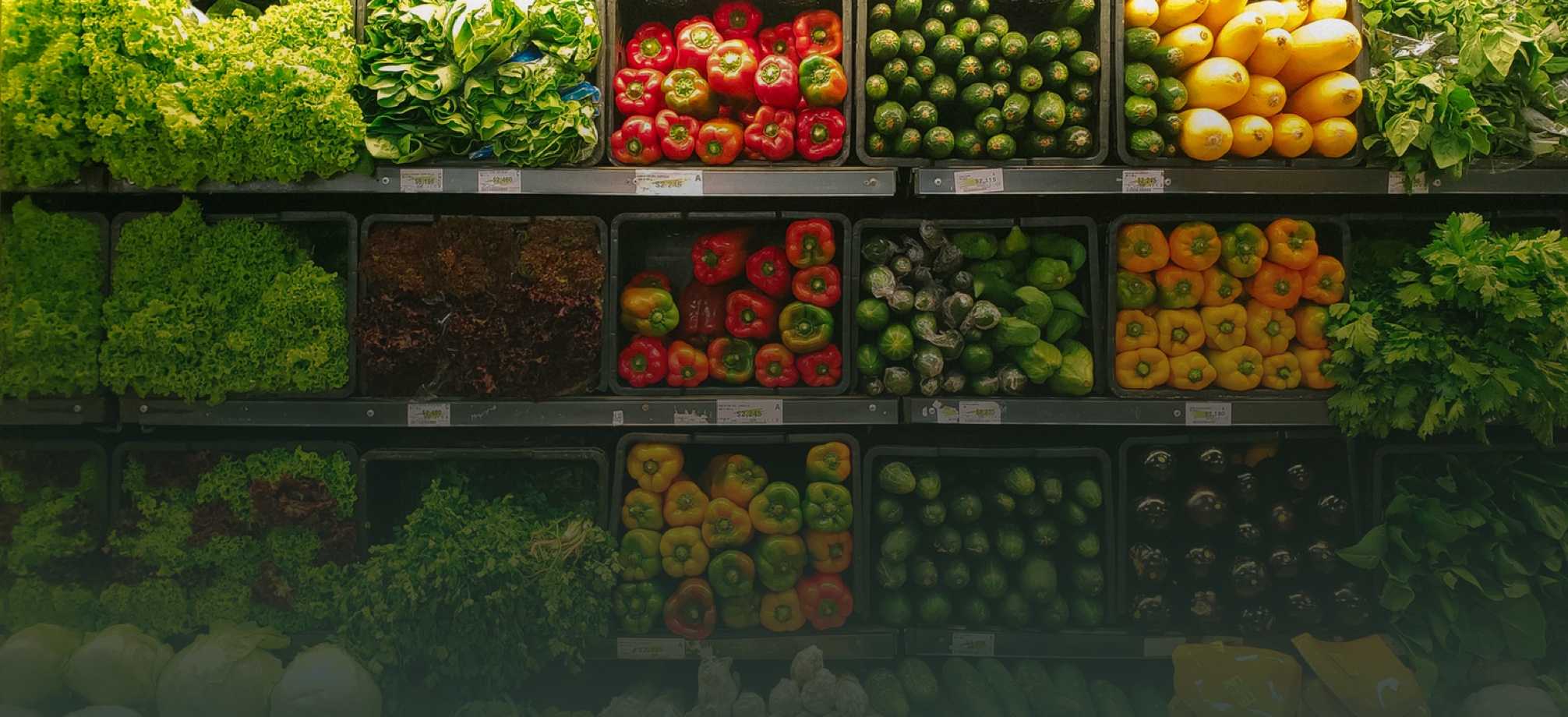By: Steven Harris, Director, Policy Development and Regulatory Compliance, Food Marketing Institute

Believe it or not, today is opening day for the 2016 presidential election. While it may seem as if we are already in the late innings of the presidential campaign season, today is the first day that we will actually see how recent polling numbers translate into actual votes. If you’re new to the election coverage, I encourage you to pat yourself on the back because you have lived a healthier life than many of us trying to keep track of the latest sound bite, insult or scandal that has dominated the political headlines these past few months.
Today, February 1, is the day of the Iowa Caucus, a day when Iowa voters meet in their various electoral precincts or “caucuses” to begin the process of electing a nominee for the Democratic and Republican parties. While Iowa only represents a small percentage of the delegates to select the parties’ nominees, the Iowa Caucus is the first major event of the presidential election. Next week, voters in New Hampshire go through a similar process to cast direct votes to select nominees for their respective political parties. Next month, March 1 represents “Super Tuesday,” during which several states will hold their primaries and will serve as a turning point for many of the candidates’ campaigns.
What to Expect Tomorrow
Will the results of the Iowa Caucus give us a meaningful preview of this summer’s party nominating conventions? No, most likely not. For context, the past two Republican winners in Iowa (2012: Santorum, 2008: Huckabee) did not go on to win the nomination. That being said, there are many candidates and fundraisers looking at Iowa’s results as a reason to shift their messaging and their focus to another state or another candidate. For some candidates, a weak showing in Iowa and New Hampshire may signal the end of their campaigns. A more likely scenario is a repeat of the same ads and sound bites from this past week about why each candidate represents the future of the party. It is especially fitting that tomorrow is Groundhog Dog.
Primary elections can be especially hard to predict because candidates are typically forced to pivot their views farther to the left or to the right to appeal to the party’s core. The candidate that might appear to be more electable in a general election does not always rise to become the party’s nominee. Additionally, more and more U.S. voters are identifying as independents, which means they are not affiliated with either political party and they cannot vote in the primaries in some states. To complicate things further, one of the two major political parties in the U.S. might not neatly represent the average voters’ ideologies on a broad range of important issues, and a presidential vote becomes very candidate-specific compared to congressional elections.
Election Resources
Election Day is still over nine months away. To make sure you’re prepared, read up on the candidates, get registration information, find out when and where your primary is, and view results at FMI’s election resources page. Some people may be fighting election fatigue already, but the vote for the next president is important on so many levels, including setting the policy agenda for the next four years.
The sarcastic slogan, “If you don’t vote, you can’t complain” might not be the most productive advice, but I encourage participation in this year’s election as a way to better understand the issues, the process and the importance of our political system.
 Industry Topics address your specific area of expertise with resources, reports, events and more.
Industry Topics address your specific area of expertise with resources, reports, events and more.
 Our Research covers consumer behavior and retail operation benchmarks so you can make informed business decisions.
Our Research covers consumer behavior and retail operation benchmarks so you can make informed business decisions.
 Events and Education including online and in-person help you advance your food retail career.
Events and Education including online and in-person help you advance your food retail career.
 Food Safety training, resources and guidance that help you create a company food safety culture.
Food Safety training, resources and guidance that help you create a company food safety culture.
 Government Affairs work — federal and state — on the latest food industry policy, regulatory and legislative issues.
Government Affairs work — federal and state — on the latest food industry policy, regulatory and legislative issues.
 Get Involved. From industry awards to newsletters and committees, these resources help you take advantage of your membership.
Get Involved. From industry awards to newsletters and committees, these resources help you take advantage of your membership.
 Best practices, guidance documents, infographics, signage and more for the food industry on the COVID-19 pandemic.
Best practices, guidance documents, infographics, signage and more for the food industry on the COVID-19 pandemic.
